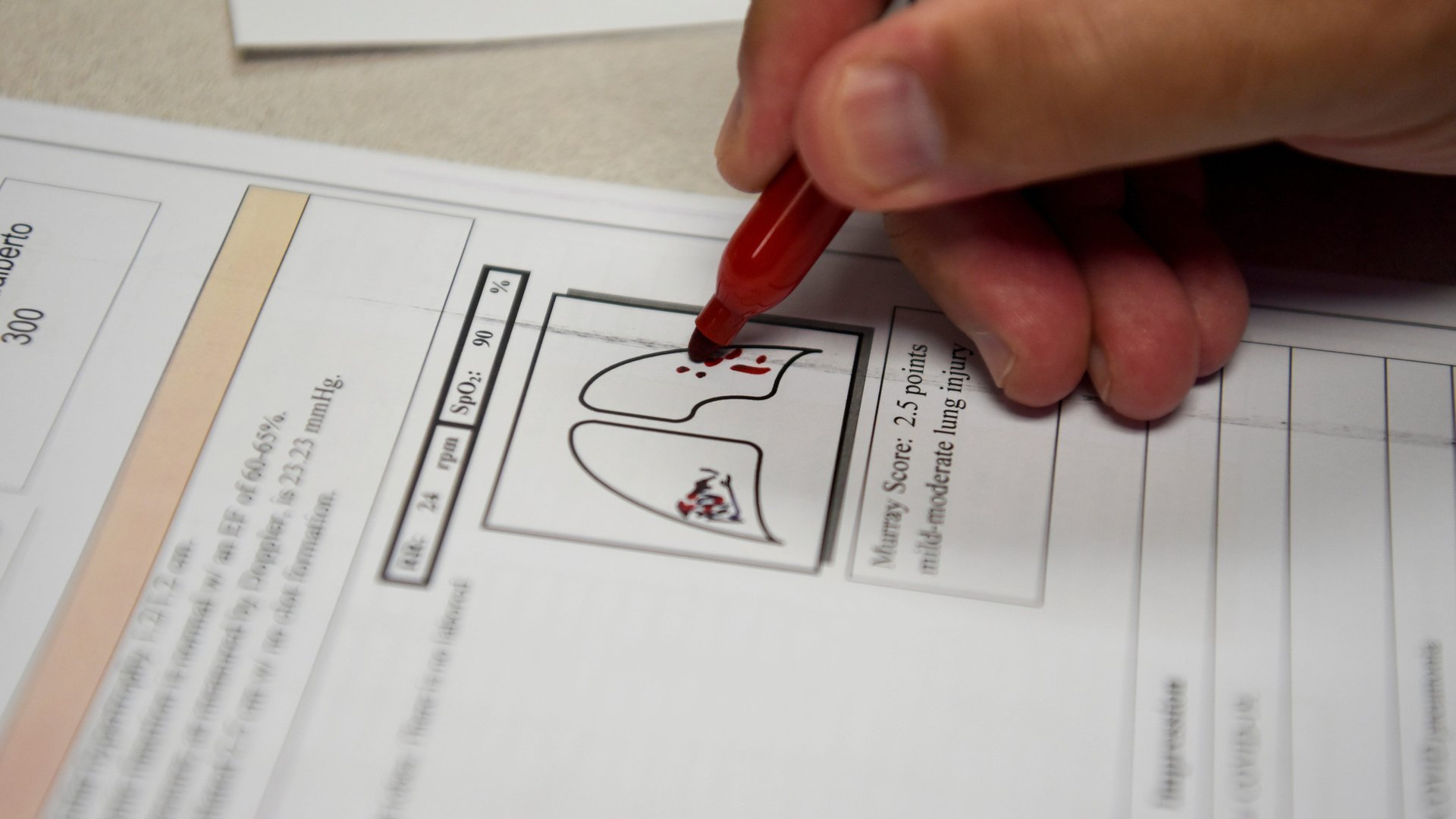Substance abuse makes Covid-19 even more dangerous
Covid-19—and its corollaries of uncertainty, isolation, and financial distress— is a mix of high-risk factors for developing a substance abuse disorder, or relapsing. Overdoses have gone up, while treatment centers are operating at limited capacity and struggling to stay afloat.


Covid-19—and its corollaries of uncertainty, isolation, and financial distress— is a mix of high-risk factors for developing a substance abuse disorder, or relapsing. Overdoses have gone up, while treatment centers are operating at limited capacity and struggling to stay afloat.
But it isn’t all: New research published yesterday in the journal Molecular Psychiatry, shows substance abuse increases the risk of severe cases of Covid-19.
Looking at the records of over 73 million patients in the US, of whom 12,033 had Covid-19, the study found those who had recently been diagnosed with a substance use disorder were significantly more at risk of Covid-19 than the average population.
Substance abuse is linked to a high prevalence of conditions that worsen the outcome of Covid-19, including asthma, hypertension, obesity, and chronic obstructive pulmonary disease. The increased risk was different depending on the substance: opioid abuse was the greatest predictor for contracting Covid-19, followed by tobacco, alcohol, cocaine, and cannabis. This points toward substance abuse as an independent risk factor, unconnected to other diseases: Opioid users don’t have higher incidence of coexisting conditions, such as diabetes or hypertension, than people using tobacco, but they are at higher risk of Covid-19 infections.
Overall, 10.3% of the total study population abused substances, but 15.6% had Covid-19, and the likelihood of hospitalization and death was higher among this group.
When looking within patients with abuse disorder, gender didn’t make a difference—but race did. As in the broader population, African American patients with a diagnosis of substance use disorder were at higher risk of Covid-19 than white ones.
Overall African Americans were at higher risk of both general Covid-19 related hospitalization, and this discrepancy is even higher when Covid-19 is combined with a diagnosis of substance use disorder, both an older one (known as lifetime) or recent.
While part of the higher risk may be due to the increased incidence of other conditions in the African American population, such as hypertension and diabetes, the authors of the study say that alone doesn’t explain the discrepancy, which could also be the result of difficult socioeconomic conditions, and lack of access to healthcare.